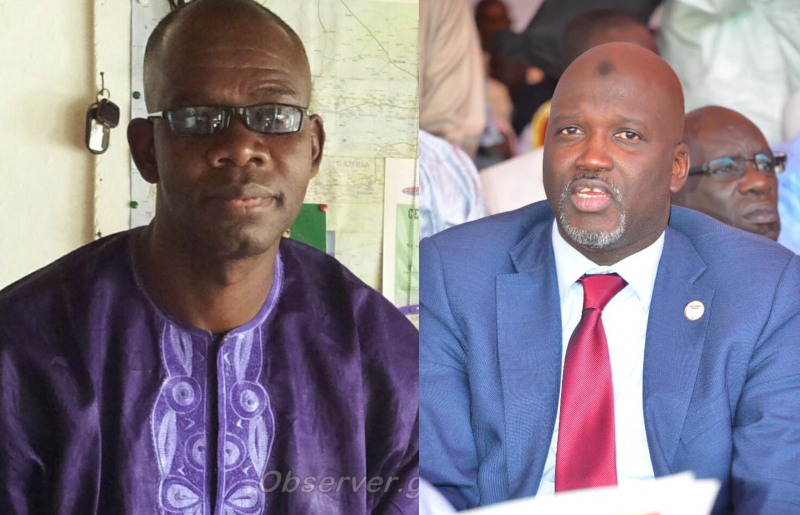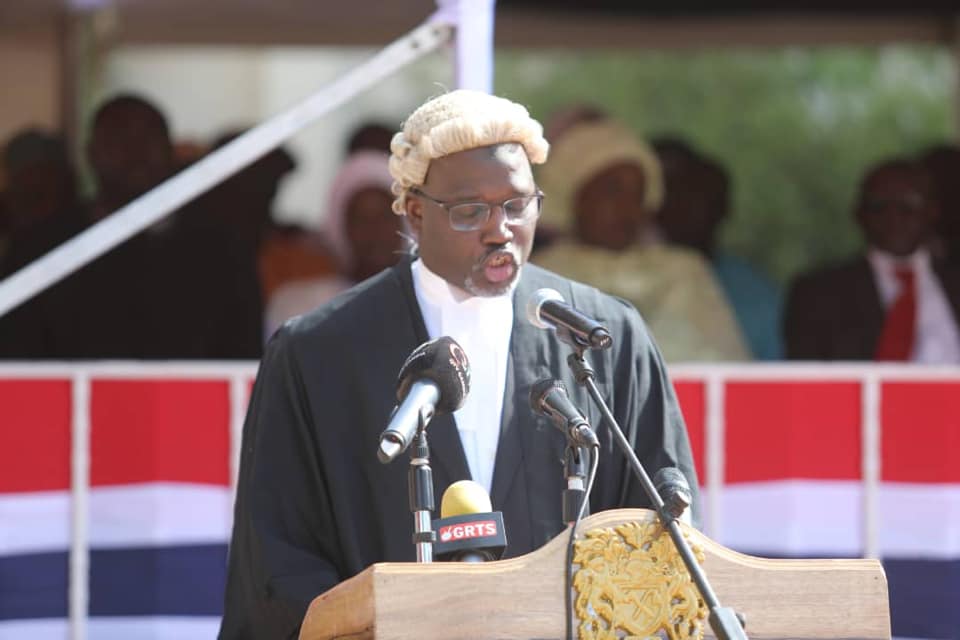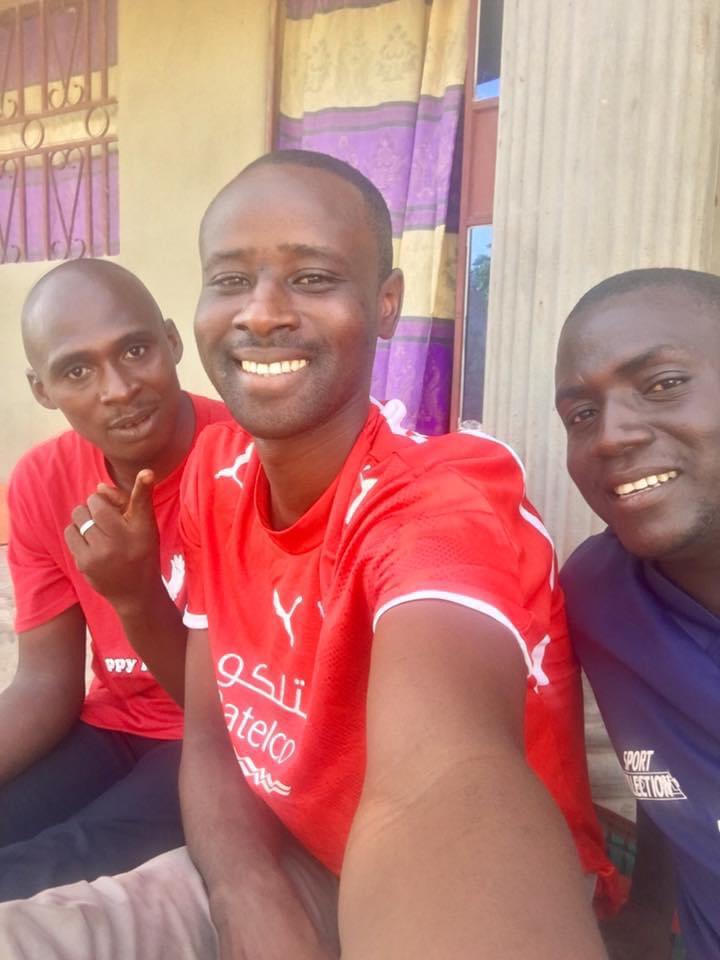By Dr. Ousman Gajigo
With the decision of the government to impose import duties on bagged cement becoming increasingly untenable, the undeserving beneficiaries have now resorted to misinformation and misdirection.
A few days ago, we have been treated to stories in the local newspapers that cement shipments for Jah Oil, Salam and GACEM have arrived at the port and that soon they will be able to supply the whole country.
The limited supply capacity of the 3 big importers (Jah Oil, Salam and GACEM) was only an aggravating factor, not the underlying reason why the imposition of the import duty was wrong.
The real problem with the import duty was that it was wrong for the government to victimize numerous small-scale importers and Gambian consumers for the benefit of 3 large and politically connected businesses. Furthermore, the reason that the government originally put forward for the import duty was demonstrably false.
We know for a fact that there is no local cement industry in The Gambia. All players, including Jah Oil, Salam and GACEM, import their cement from manufacturers based in other countries. The only difference between the 3 big companies and the small-scale importers is that the former import in bulk.
We also know that there was no unlevel playing field among the cement importers as the government erroneously claimed. All the importers, through their own uncoerced choices, chose their various sources of countries to import from. Some importers chose Senegal, while others chose countries such as Spain and Morocco.
To the extend that there are differences in costs due to distance and taxes, these facts were known to all businesses before they made their decisions. There was no basis therefore for the government to decide to increase the burden on businesses who chose the cheaper import sources.
Now that the government’s stated rationales have been thoroughly debunked, the beneficiaries of this terrible government policy have decided on a different tactic. Jah Oil in particular has resorted to major disinformation campaign. Late last week, it took some journalists to visit its so-called “factory”.
Unfortunately, many of these reporters did not bother asking the appropriate questions. In reality, the facility is a simple building for bagging operations.
All the cement that comes through the building has already been fully and completely processed in Spain and other countries. Absolutely no value addition occurs in that building or anywhere on Gambian territory.
Gambians should not allow ourselves to be fooled by the misdirection that is now being employed by the politically-connected cement importers like Jah Oil. Even if it is clearly demonstrated that they have the capacity to supply the whole country, they do not have the right to monopolize that privilege.
Other Gambian importers, particularly the small-scale importers, should not be driven out of the market. The market should be allowed to be competitive so that the major stakeholders, which are the Gambian consumers, are not made to suffer.
It is also worth noting that even if the big 3 importers have the enough supply today, there is little guarantee that they will be able to continue providing sufficient quantity from outside to prevent shortages in the future. To concentrate our cement supply to only these 3 companies would risk exposing the market to continuously suffer unnecessary supply risks.
If we, as a country, make the grave mistake of kicking out of business the small-scale importers and then rely solely on the 3 big importers, we will come to rue that day. Once these companies have 100% control of the market, they will start to increase the price of cement at will.
They will always be able to come up with all kind of excuses as to why they are doing it. Those explanations would include foreign exchange movements, increase in the input cost of their supplies and shipment delays. No one here, including our government officials, would be able to verify if any of those stories are true.
Ousman Gajigo is an economist. He has held positions with the African Development Bank, the UN, the World Bank and Columbia University. He holds a PhD in development economics. He is currently an international consultant and also runs a farm in The Gambia.




